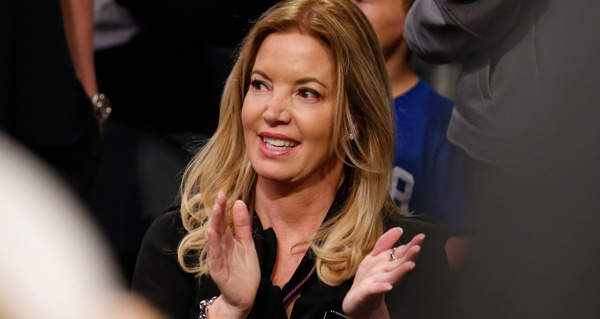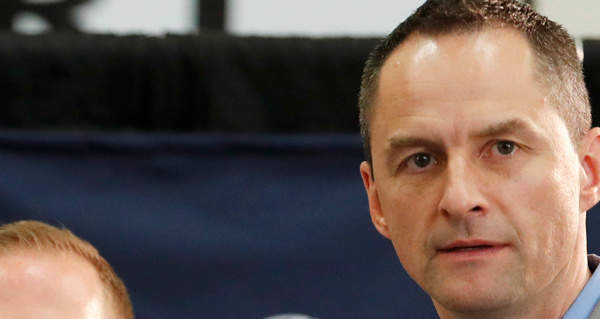PROTECT YOUR DNA WITH QUANTUM TECHNOLOGY
Orgo-Life the new way to the future Advertising by AdpathwayFor a championship that’s measured in nanoseconds, five hours and thirty minutes is an eternity.
Incredibly, in a world of high-definition video cameras integrated into car parts, real-time sensors, GPS trackers, AI technology, and the sophisticated FIA Remote Operations Centre (ROC) in Geneva, it still took that long after the chequered flag to confirm that George Russell had won the Formula 1 Canadian Grand Prix.
By the time the verdict was delivered, the FIA motorhome was desolate, and the organisation’s staff had left the circuit. Perhaps it was fortunate that Red Bull’s protest - alleging Russell drove erratically behind the safety car - was not upheld, as there was nobody left to answer further questions.
The decision stood. The official documents could be printed. The matter was closed.
But the delay was, frankly, embarrassing for F1. It comes at a time when the series is actively trying to grow its audience, particularly in North America - a push boosted by the high-profile film set to premiere on Monday evening in New York.
Granted, the protest process, such as the one launched by Red Bull, is inherently convoluted. But the hearing itself, where Red Bull and Mercedes representatives presented their cases, took just 45 minutes. From there, the rest should have been straightforward.

Max Verstappen, Red Bull Racing, George Russell, Mercedes
Photo by: James Sutton / Motorsport Images via Getty Images
Given the tools at its disposal, one would think the FIA could swiftly determine whether Russell did indeed brake “unnecessarily and erratically behind the safety car”, or whether he was guilty of “unsportsmanlike conduct” for reporting Max Verstappen had overtaken him under those conditions.
Ultimately, the stewards concluded that Russell “did not drive erratically by braking where he did or to the extent he did”, and that his report of Verstappen’s accidental overtake did not constitute misconduct.
So, why did it take so long to publish such a clear-cut conclusion?
Part of the problem lies in the process: the stewards investigate incidents in the order they’re reported, not in order of importance. While the stewards investigated other, less significant safety car infringements, the race’s most consequential ruling remained in limbo.
Meanwhile, fans had long since headed home. Broadcasts had ended. For newer viewers especially, how would it feel to learn that the race winner wasn’t officially confirmed until hours later?

George Russell, Mercedes, Andrea Kimi Antonelli, Mercedes
Photo by: James Sutton / Motorsport Images via Getty Images
There’s no question that F1 is complex and nuanced. Technical protests that require deep investigation understandably take time. But this particular issue seemed binary - something that could be quickly resolved with replays and telemetry.
To the FIA’s credit, it has made strides in improving transparency and communications, and that effort is commendable.
But it remains baffling that in a series defined by speed, governance decisions can be so painfully slow.
In this article
Ben Hunt
Formula 1
George Russell
Mercedes
Be the first to know and subscribe for real-time news email updates on these topics



















 English (US) ·
English (US) ·  French (CA) ·
French (CA) ·